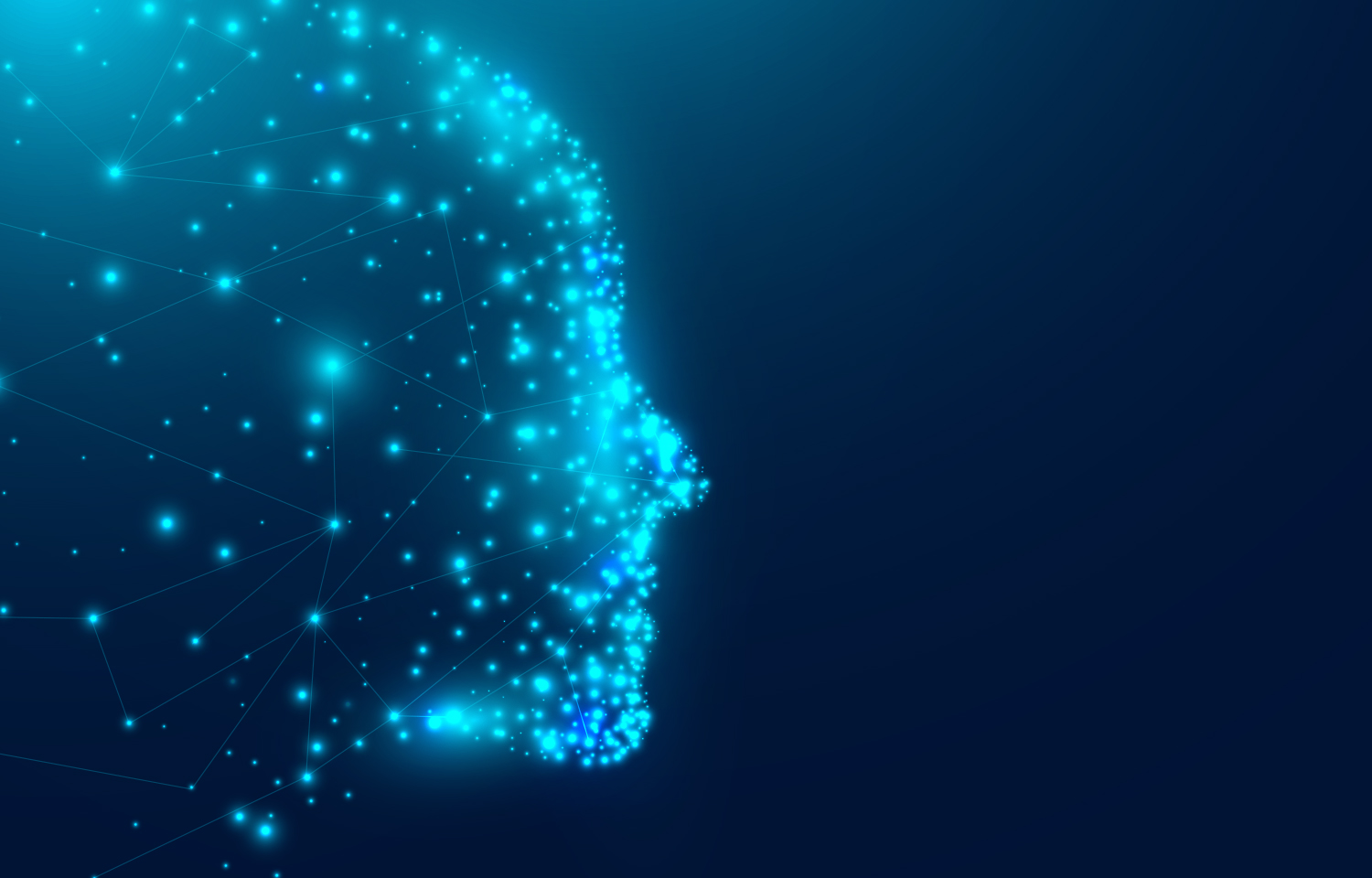
The Role of AI in Web Development
Artificial Intelligence (AI) has been a game-changer in various industries, and web development is no exception. AI has the potential to revolutionise the web development process by making it more efficient, personalised, and interactive. This article will explore the various ways AI is transforming web development.
Automating Repetitive Tasks
One of the most prominent roles of AI in web development is in automating mundane and repetitive tasks. For instance, AI-powered tools can automate coding, testing, bug fixing, and even the design process. For example, tools like GitHub Copilot, an AI-powered code assistant, can understand the context of the code and suggest relevant pieces of code, making the coding process more efficient. In addition, AI-powered automated testing tools can detect bugs and issues in the code more effectively and quickly than manual testing.
Personalised User Experience
AI can significantly enhance the user experience by providing a highly personalised web experience. By analysing user behaviour, preferences, and interaction patterns, AI can suggest personalised content and product recommendations and tailor the user interface to individual users. For instance, AI algorithms can dynamically alter the website layout, colour scheme, or content presentation based on the user’s behaviour and preferences, enhancing the overall user experience.
Chatbots and Virtual Assistants
AI has also enabled the development of chatbots and virtual assistants, transforming how businesses interact with customers. These chatbots can handle customer queries 24/7, provide instant responses, and even guide customers through complex processes on the website. In addition, more advanced AI-powered chatbots can understand the context and sentiment of the user, providing more human-like and empathetic responses.
Improving Accessibility
AI can also play a significant role in improving the accessibility of websites. For example, AI-powered tools can automatically generate alt text for images, transcribe audio content, and even predict user needs to make the website more accessible for users with disabilities. This improves the user experience and ensures that websites comply with accessibility regulations.
Predictive Analysis
AI can also be leveraged for predictive analysis in web development. By analysing user behaviour and trends, AI can predict future user behaviour, enabling businesses to tailor their web offerings proactively. This can be particularly beneficial for e-commerce businesses, allowing them to predict product trends and user purchase behaviour and optimise their inventory accordingly.
In conclusion, AI is playing an increasingly crucial role in web development. From automating mundane tasks to enhancing user experience, AI has the potential to revolutionise the web development process. As AI technologies continue to evolve, we can expect to see even more exciting applications of AI in web development in the coming years.

Article by DAVE
Related posts
Striking the Balance in Software Development
When it comes to software development, there’s always that internal tug-of-war between under-engin
Why Taking Time to Explain Makes All the Difference
Why bother making a post to explain something that seems so basic? Who even cares? Surprisingly, a l
Why We Sometimes Make Coding Harder (and How to Stop)
Let’s be honest—software development is complicated. It’s just the nature of the job. Bugs pop



